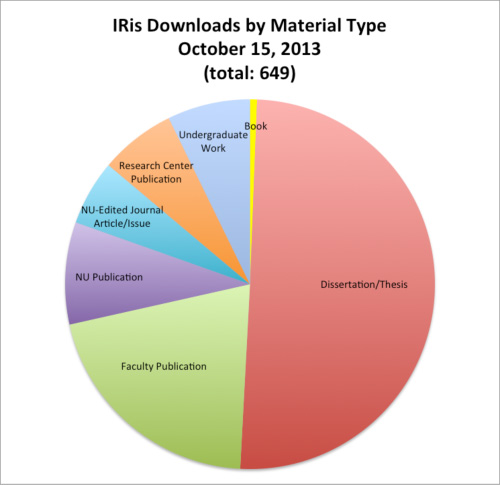New: Free Access to 400,000 Digital Images from Metropolitan Museum of Art
Exciting news! New York’s Metropolitan Museum of Art announced recently that “more than 400,000 high-resolution digital images of public domain works in the Museum’s world-renowned collection may be downloaded directly from the Museum’s website for non-commercial use—including in scholarly publications in any media—without permission from the Museum and without a fee. The number of available images will increase as new digital files are added on a regular basis.”
The Met calls this initiative Open Access for Scholarly Content (OASC). When searching their online image collection, look for the OASC icon, which designates images that are part of this initiative. These images may be used for non-commercial purposes, including school assignments, presentations, scholarly publishing, or personal projects. (Read more about the OASC policy in the FAQ.)
This decision by the Met follows a very welcome recent movement among galleries, libraries, archives, and museums (the so-called GLAM organizations) to make more of their digital image content freely available when possible. This benefits the organizations by increasing public awareness of and generating publicity for their collections. And of course it benefits all of us to have greater access to cultural content worldwide!
Here are some links to more such programs:
- The J. Paul Getty Trust’s Open Content Program (read about it here)
- The National Gallery of Art’s NGA Images (read about it here)
- Amsterdam’s Rijksmuseum’s Rijksstudio (read about it here)
The initiative known as OpenGLAM, which is helping many museums to open up more of their content, has a longer list of these types of efforts on their website. You can learn more about OpenGLAM from their FAQ. And be sure to check out the amazing image collections listed above. Happy exploring!





